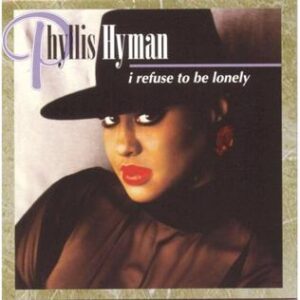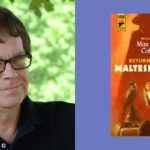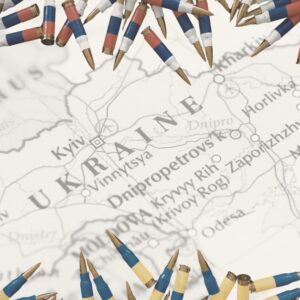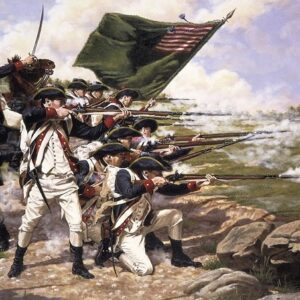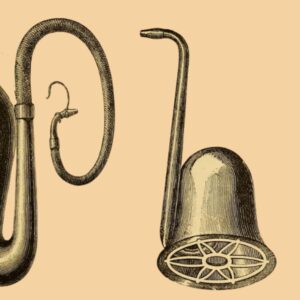
The Prophecy of Martin Luther King, Jr., From Vietnam to Iraq
Viet Thanh Nguyen Considers the Poison in the American Body Politic
I was born in Vietnam but made in America. I count myself among those Vietnamese dismayed by America’s deeds but tempted to believe in its words. I also count myself among those Americans who often do not know what to make of Vietnam and want to know what to make of it. Americans, as well as many people the world over, tend to mistake Vietnam with the war named in its honor, or dishonor as the case may be. This confusion has no doubt led to some of my own uncertainty about what it means to be a man with two countries, as well as the inheritor of two revolutions.
I have spent much of my life sorting through this confusion, both my own and that of the world, and the most succinct explanation that I have found about the meaning of the war, at least for Americans, comes from Martin Luther King Jr. “If America’s soul becomes totally poisoned,” he said, “part of the autopsy must read ‘Vietnam.’” Americans mostly know King for his dream, but this is his prophecy, and it continues in this manner: “The war in Vietnam is but a symptom of a far deeper malady within the American spirit. If we ignore this sobering reality, we will find ourselves organizing ‘clergy and laymen concerned’ committees for the next generation. They will be concerned about Guatemala and Peru. They will be concerned about Thailand and Cambodia. They will be concerned about Mozambique and South Africa. We will be marching for these and a dozen other names and attending rallies without end, unless there is a significant and profound change in American life.” Exactly one year after uttering these words, he was assassinated.
He did not mention Iraq and Afghanistan, but since his speech, many Americans have raised the relationship between the conflicts there and the war in Vietnam. Even though Vietnam is neither Iraq nor Afghanistan, the analogy keeps returning for Americans. This invocation of Vietnam as quagmire, syndrome, and war speaks neither to Vietnamese reality nor to current difficulties in Iraq and Afghanistan. It speaks to American fear. Americans think defeat in these wars is the worst thing, when winning in Iraq and Afghanistan today only means more of the same tomorrow: Somalia, Pakistan, Yemen, and so on. This is the most important reason for Americans to remember what they call the Vietnam War, the fact that it was one conflict in a long line of horrific wars that came before it and after it. This war’s identity—and, indeed, any war’s identity—cannot be extricated from the identity of war itself.
For King, “the problem of racism, the problem of economic exploitation, and the problem of war are all tied together.” His prophecy does not always roll off the tongue. The language is only occasionally biblical, never uplifting. He asks us not to turn our eyes up to the mountaintop but down to the plain, the factory, the field, the ghetto, the unemployment line, the draft board, the rice paddy, the lotus blossoming in a pond of mud, the Vietnamese landscape that even American soldiers called beautiful, and America, what the Vietnamese call the beautiful country. These are the places where memories of war belong. Most troublesome is the memory of how it was a war that took place not only over there, but also over here, because a war is not just about the shooting but about the people who make the bullets and deliver the bullets and, perhaps most importantly, pay for the bullets, the distracted citizenry complicit in what King calls the “brutal solidarity” of white brother and black.
Although King refers to America, he may as well be gesturing to Vietnam, both revolutionary countries which have not lived up to their revolutions. While the America that was a city upon a hill now exists mostly as a sentimental fantasy, even wartime Vietnam seems far away. This was the country of which Che Guevara could say, “How close and bright would the future appear if two, three, many Vietnams flowered on the face of the globe.” He was speaking of the way that the Vietnamese war against American occupation had inspired hope among those who dreamed of liberation and independence in the Americas, Africa, and Asia. Today the Vietnamese and American revolutions manufacture memories only to absolve the hardening of their arteries. For those of us who consider ourselves to be inheritors of one or both of these revolutions, or who have been influenced by them in some way, we have to know how we make memories and how we forget them so that we can beat their hearts back to life.
From NOTHING EVER DIES: VIETNAM AND THE MEMORY OF WAR. Used by Permission OF Harvard University Press. Copyright © 2016 by Viet Thanh Nguyen.
Watch: Viet Thanh Nguyen talks to Lit Hub at the National Book Awards on how rejection makes you a better human being.
Viet Thanh Nguyen
Viet Thanh Nguyen was born in Vietnam and raised in America. He is the author of The Committed, which continues the story of The Sympathizer, awarded the 2016 Pulitzer Prize in Fiction. He is also the author of the short story collection The Refugees; the nonfiction book Nothing Ever Dies, a finalist for the National Book Award; To Save and to Destroy: Writing as an Other; and is the editor of an anthology of refugee writing, The Displaced. He is the Aerol Arnold Professor of English and American Studies and Ethnicity at the University of Southern California and a recipient of fellowships from the Guggenheim and MacArthur foundations. He lives in Los Angeles.









